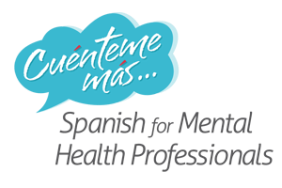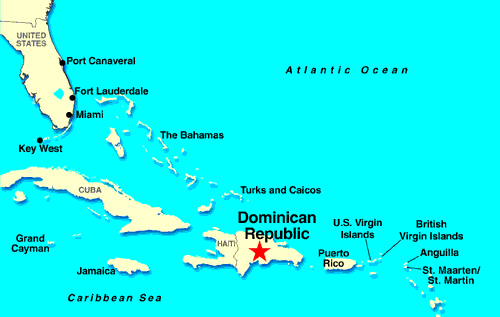by Cynthia M. Braden, MFT and Alfonso DiLuca
Psychotherapists, Counselors and Social Workers will be increasingly called upon to respond to the mental health needs of new waves of immigrants fleeing economic and political turmoil in countries/territories such as Venezuela, Puerto Rico and Cuba.
Take a quick look at the landscape of problems that are provoking Latin American citizens to flee their homelands and hope for better luck in other countries. Factors such as deepening economic crisis, threat of wars between neighboring countries, terrorism and narco-trafficking, fear of immigrants from other countries, food and water shortages, power outages, rampant unemployment and devaluation of currency are some of the reasons new immigrants from Latin America may appear in social service and therapy offices in English speaking countries.
Once prosperous Venezuela for example, now has its citizens standing in line for days to purchase simple necessities. In psychotherapy it is helpful for therapists to understand and appreciate the context that these clients may bring to our offices. Many are affected by a great level of stress, grief, fear and trauma and may lack the courage to talk about the reasons for their immigration.
The process of immigration itself only compounds the trauma as citizens have fled their countries and moved against their will to a foreign society where they don't speak the language or understand the norms. After working with hundreds of recent immigrants We have produced a video to help you talk to clients about sensitive immigration experiences.
Here are additional words and phrases that therapists should know:
Take a quick look at the landscape of problems that are provoking Latin American citizens to flee their homelands and hope for better luck in other countries. Factors such as deepening economic crisis, threat of wars between neighboring countries, terrorism and narco-trafficking, fear of immigrants from other countries, food and water shortages, power outages, rampant unemployment and devaluation of currency are some of the reasons new immigrants from Latin America may appear in social service and therapy offices in English speaking countries.
Once prosperous Venezuela for example, now has its citizens standing in line for days to purchase simple necessities. In psychotherapy it is helpful for therapists to understand and appreciate the context that these clients may bring to our offices. Many are affected by a great level of stress, grief, fear and trauma and may lack the courage to talk about the reasons for their immigration.
The process of immigration itself only compounds the trauma as citizens have fled their countries and moved against their will to a foreign society where they don't speak the language or understand the norms. After working with hundreds of recent immigrants We have produced a video to help you talk to clients about sensitive immigration experiences.
Here are additional words and phrases that therapists should know:
|
|
Even though some of these problems are common in Latin America, many communities and countries enjoy peaceful lifestyles, and stable governments. So be careful to avoid over-generalizing.


 RSS Feed
RSS Feed



